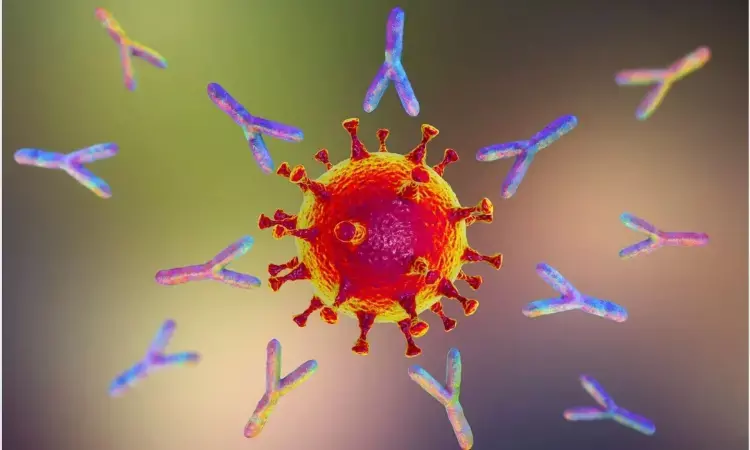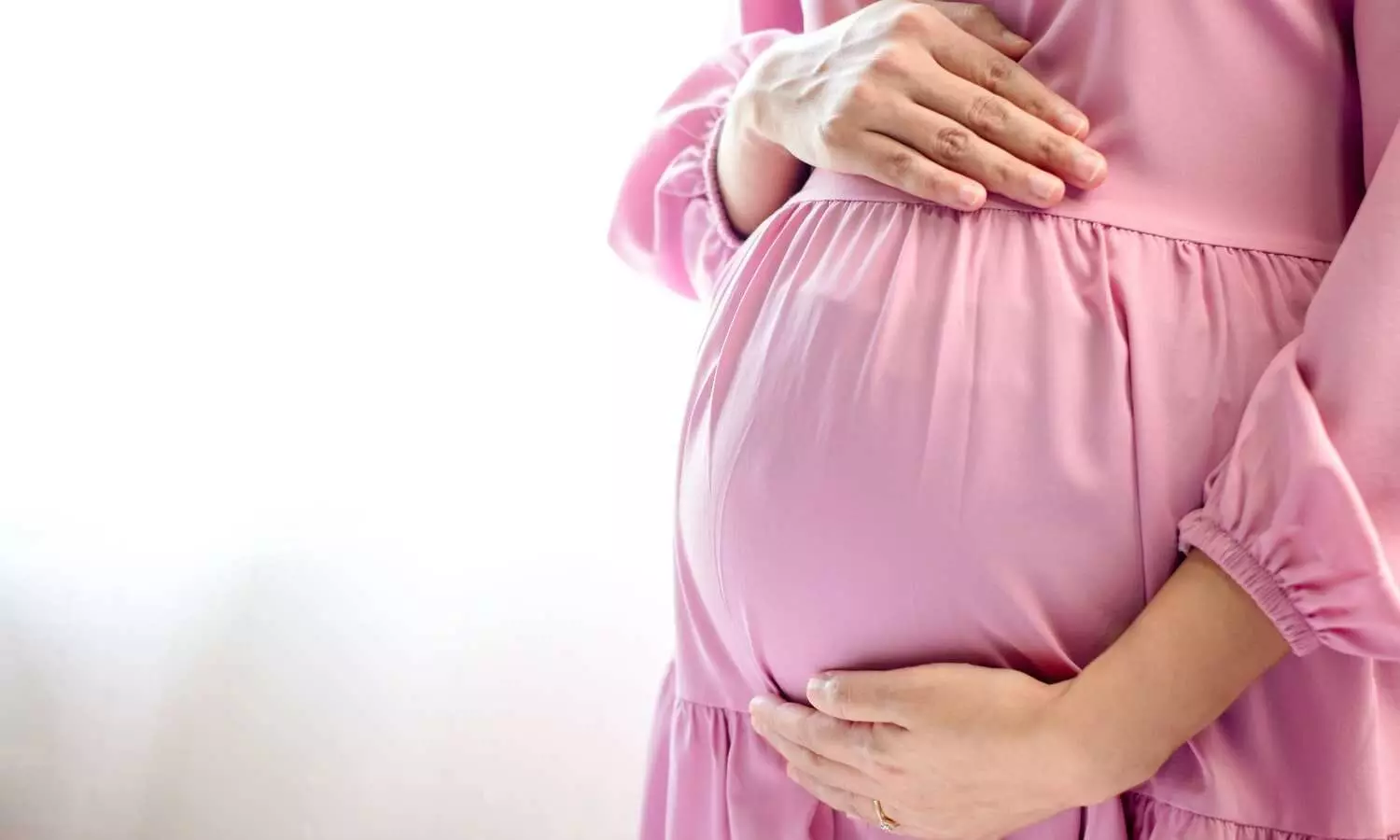- Home
- Medical news & Guidelines
- Anesthesiology
- Cardiology and CTVS
- Critical Care
- Dentistry
- Dermatology
- Diabetes and Endocrinology
- ENT
- Gastroenterology
- Medicine
- Nephrology
- Neurology
- Obstretics-Gynaecology
- Oncology
- Ophthalmology
- Orthopaedics
- Pediatrics-Neonatology
- Psychiatry
- Pulmonology
- Radiology
- Surgery
- Urology
- Laboratory Medicine
- Diet
- Nursing
- Paramedical
- Physiotherapy
- Health news
- Fact Check
- Bone Health Fact Check
- Brain Health Fact Check
- Cancer Related Fact Check
- Child Care Fact Check
- Dental and oral health fact check
- Diabetes and metabolic health fact check
- Diet and Nutrition Fact Check
- Eye and ENT Care Fact Check
- Fitness fact check
- Gut health fact check
- Heart health fact check
- Kidney health fact check
- Medical education fact check
- Men's health fact check
- Respiratory fact check
- Skin and hair care fact check
- Vaccine and Immunization fact check
- Women's health fact check
- AYUSH
- State News
- Andaman and Nicobar Islands
- Andhra Pradesh
- Arunachal Pradesh
- Assam
- Bihar
- Chandigarh
- Chattisgarh
- Dadra and Nagar Haveli
- Daman and Diu
- Delhi
- Goa
- Gujarat
- Haryana
- Himachal Pradesh
- Jammu & Kashmir
- Jharkhand
- Karnataka
- Kerala
- Ladakh
- Lakshadweep
- Madhya Pradesh
- Maharashtra
- Manipur
- Meghalaya
- Mizoram
- Nagaland
- Odisha
- Puducherry
- Punjab
- Rajasthan
- Sikkim
- Tamil Nadu
- Telangana
- Tripura
- Uttar Pradesh
- Uttrakhand
- West Bengal
- Medical Education
- Industry
Risk of mental disorders enhanced in elderly hospitalized patients of COVID 19 infection: JAMA

Denmark: New research revealed that individuals who were tested for SARS-CoV-2 had a greater chance of developing new mental health issues than those who were never tested, and the likelihood of new-onset mental illnesses was elevated more among older individuals when compared to those with negative tests findings. The study results were published in the journal JAMA Psychiatry.
The COVID-19 pandemic has had a significant influence on human health globally. COVID-19, in addition to being an infectious respiratory sickness, has the potential to damage several organ systems, including the brain with a high rate of persistent neuropsychiatric symptoms following initial SARS-CoV-2 infection. Due to lacking enough literature on this, researchers from Denmark conducted a nationwide cohort study to estimate the risk of mental disorders and use of psychotropic medication among individuals with COVID-19 compared with individuals not tested, individuals with SARS-CoV-2–negative test results, and those hospitalized for non–COVID-19 infections.
Using the Danish registries, all individuals who were alive,18 years or older, and residing in Denmark between January 1 and March 1, 2020 (N = 4 152 792), excluding individuals with a mental disorder history were identified and followed up until December 31, 2021. The results of SARS-CoV-2 polymerase chain reaction (PCR) testing (negative, positive, and never tested) and COVID-19 hospitalization were targeted. The main outcome of measurement was the risk of new-onset mental disorders (International Statistical Classification of Diseases and Related Health Problems, Tenth Revision, codes F00-F99) and redeemed psychotropic medication (Anatomical Therapeutic Chemical classification codes N05-N06). These were estimated through survival analysis using a Cox proportional hazards model, with a hierarchical time-varying exposure, reporting hazard rate ratios (HRR) with 95% CIs. All outcomes were adjusted for age, sex, parental history of mental illness, Charlson Comorbidity Index, educational level, income, and job status.
Key findings:
- Among the total participants, there were:
| Positive | Negative | No tests |
| n=5,26,749 | n=3 124 933 | n= 501 110 |
| 50.2% men | 50.6% women | 54.6% men |
| mean [SD] age, 41.18 [17.06] years | mean [SD] age, 49.36 [19.00] years | mean [SD] age, 60.71 [19.78] years |
- Follow-up time was 1.83 years for 93.4% of the population.
- As compared to those who were never tested, the risk of mental disorders was increased in individuals with positive and negative test results for SARS-CoV-2.
- The risk of new-onset mental disorders in SARS-CoV-2–positive individuals was less in the age group of 18 to 29 years than the individuals who are 70 years or older.
- A similar pattern of elevated risk was seen regarding psychotropic medication use among individuals 70 years or older than in the group aged 18 to 29 years.
- The risk for new-onset mental disorders was substantially elevated in hospitalized patients with COVID-19 compared with the general population however, no significant difference in risk was seen when compared with hospitalization for non–COVID-19 respiratory tract infections.
Thus, individuals who test positive for SARS-CoV-2 have a greater risk of incident mental illnesses than those who are never tested, but a lower risk than those who test negative; however, this is controlled by age as older individuals showed increased risk of mental health issues than young individuals.
Further reading: Nersesjan V, Christensen RHB, Kondziella D, Benros ME. COVID-19 and Risk for Mental Disorders Among Adults in Denmark. JAMA Psychiatry. Published online May 24, 2023. doi: 10.1001/jamapsychiatry.2023.1265
BDS, MDS
Dr.Niharika Harsha B (BDS,MDS) completed her BDS from Govt Dental College, Hyderabad and MDS from Dr.NTR University of health sciences(Now Kaloji Rao University). She has 4 years of private dental practice and worked for 2 years as Consultant Oral Radiologist at a Dental Imaging Centre in Hyderabad. She worked as Research Assistant and scientific writer in the development of Oral Anti cancer screening device with her seniors. She has a deep intriguing wish in writing highly engaging, captivating and informative medical content for a wider audience. She can be contacted at editorial@medicaldialogues.in.
Dr Kamal Kant Kohli-MBBS, DTCD- a chest specialist with more than 30 years of practice and a flair for writing clinical articles, Dr Kamal Kant Kohli joined Medical Dialogues as a Chief Editor of Medical News. Besides writing articles, as an editor, he proofreads and verifies all the medical content published on Medical Dialogues including those coming from journals, studies,medical conferences,guidelines etc. Email: drkohli@medicaldialogues.in. Contact no. 011-43720751



